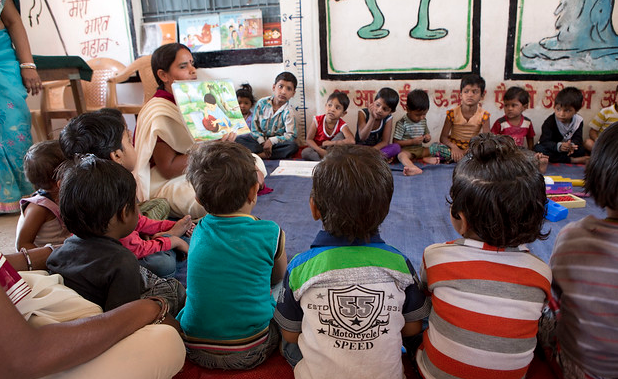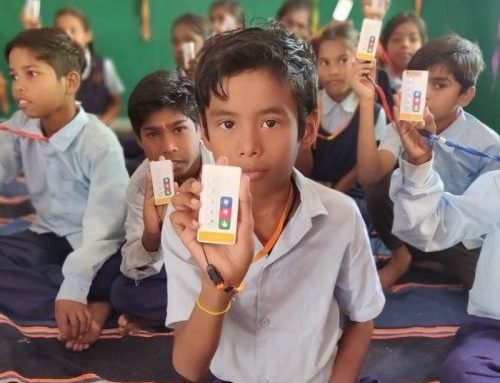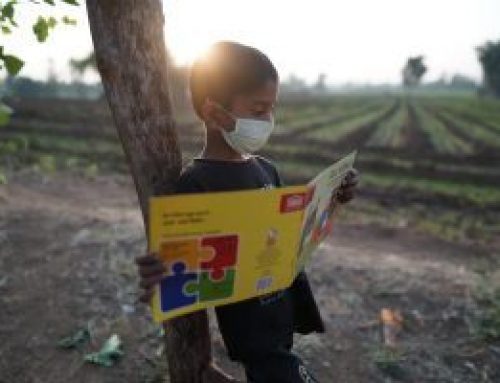ACER India is supporting a program to build capacity for implementing assessments that generate strong evidence.
- understand the features of high-quality learning assessment design, item and test development, administration, psychometric and data analysis, reporting, and use of assessment data.
- develop and use assessment-related products, including item banks, assessment reports, relevant software, manuals and guides for best practices.
- integrate the learnings from the workshop into their everyday teaching and learning.
The face-to-face workshops will be complemented with offline support to further aid participants in developing a strong understanding of the principles of a robust assessment system. In the long term, the pool of assessment experts will be able to support schools and teachers in transforming education through improved use of assessment data. Eventually, this will enable policymakers to identify the gaps within the education system and consolidate their efforts towards improving learning.
The workshop program is not designed to introduce a parallel system of assessment, rather, it suggests steps to improve existing assessment systems for the generation of high-quality data. It is grounded in the belief that there are different kinds of evidence and improved knowledge of assessment methods supports the collection of robust data. The capacity building workshops recognise the expertise of the state participants and the role of local context in the development of a strengthened assessment system.
At the end of the two-year program, participants will be able to use an assessment framework, create a pool of assessment items, analyse data and prepare reports for guiding teaching strategies that improve learning outcomes of students. It is likely that program participants will be able to transform the quality of test items used in both state-level and classroom assessments. Participants will also be in a strong position to influence the wider teaching community to adopt quality parameters in regular assessment practices. By helping to bridge quality gaps in assessment systems, the impact of the workshops will last beyond the program cycle.
About the author
Neelam Yadav is a Senior Research Fellow at ACER India.
https://rd.acer.org/article/supporting-five-indian-states-in-assessment-reform




